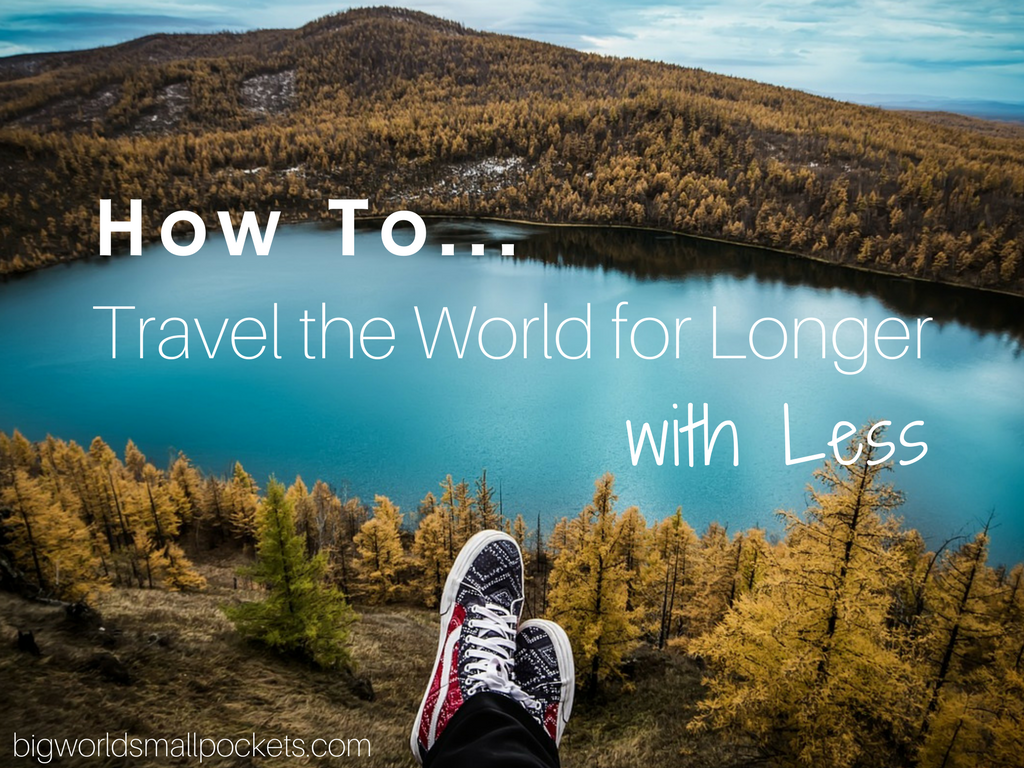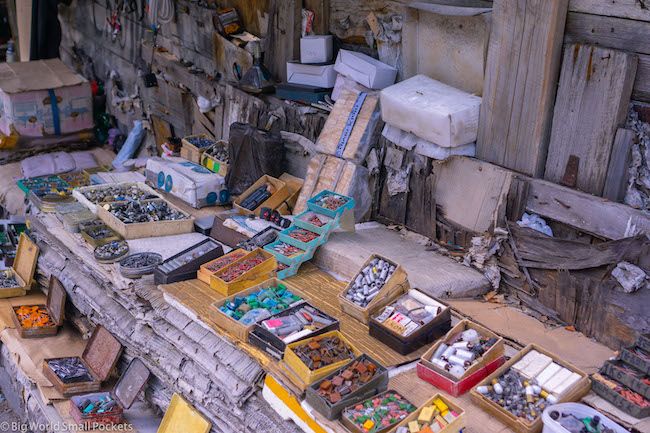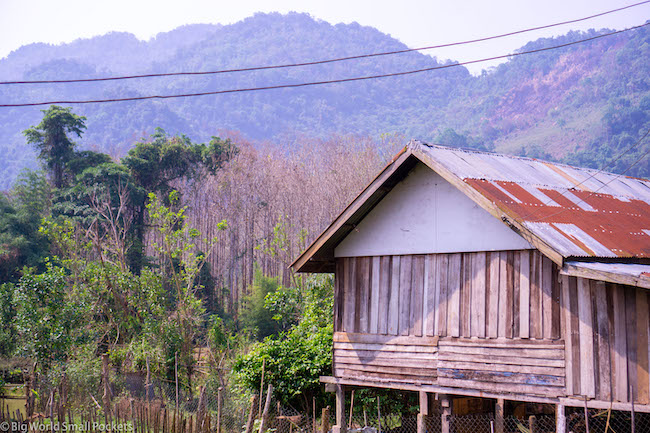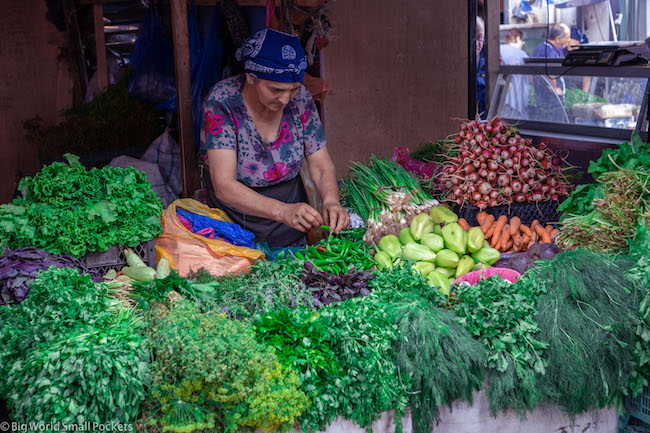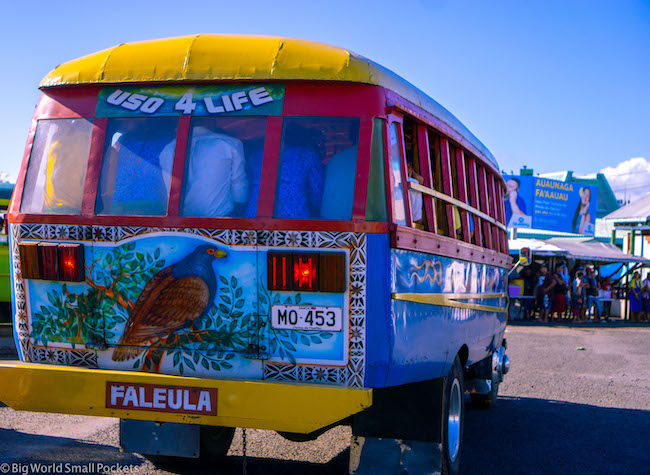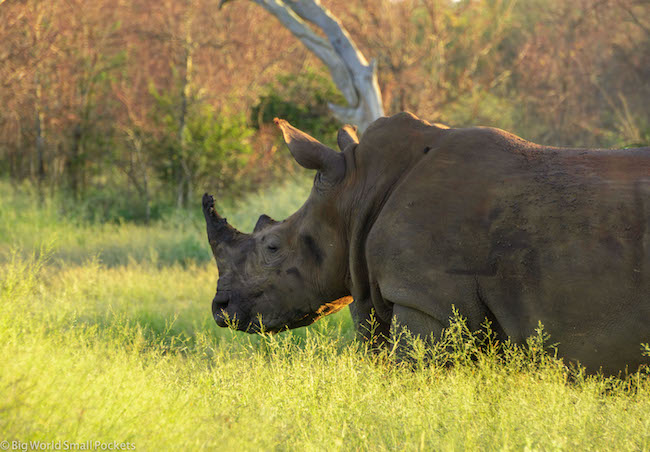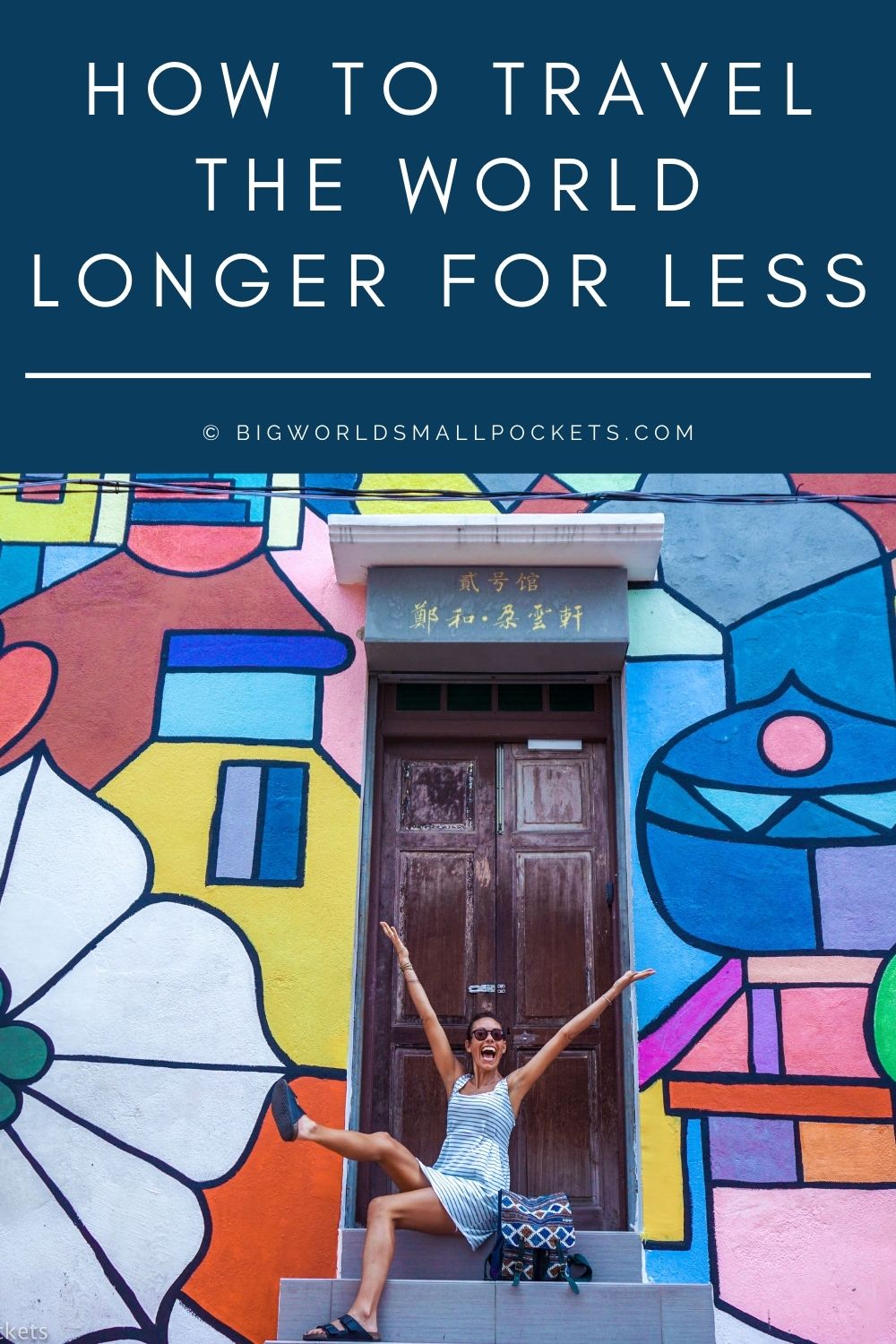Travel is one of the most rewarding experiences that you can have. It gives you the opportunity to explore new cultures, meet new people, and learn much more about yourself.
One of the main barriers to travel however, is money.
This barrier is both real and implied.
It is real in the sense that you need it to get where you want to go. It is implied in the sense that it is often used as an excuse or a reason to delay the trip of a lifetime.
The truth is your money will last much longer than you think if you cultivate the right attitude towards it and you are willing to be conscious about your spending habits and travel style.
Money buys you time on the road … and time on the road is valuable in and of itself.
Rather than seeing your budget as giving you the power to “do” things, why not see it as giving you the gift of time?
Seen in this light, your budget is not something to be spent unwittingly on a trip with a set time limit, but rather as something which you should aim to stretch for as long as possible.
This mentality might not instantly appeal to everyone. It does, after all, demand sacrifices.
It asks you to step away from the most luxurious lifestyles and into a more local way of living. It asks you to cut back on the instant satisfaction of your desires to make your money last longer.
But it’s important to understand that you don’t have to sacrifice everything. Consider where and when it is best to cut back and when it is best to spend.
You don’t have to miss out on the very reason you want to travel.
You also don’t have to miss out on a once in a lifetime experience.
You just need to spend less on a day-to-day basis to “last longer” on the road.
Just enter your details below and I'll email it you - simple!
Information will be sent to the email provided above
#1 Making Your Money Go Further
The good news is that travelling in this way can actually provide you with a much richer and more meaningful experience.
You will be faced with more unknowns, you will see life through the eyes of the local people and you will step out of your comfort zone for long enough to get lost in the journey of life.
All of these things will present you with lots of different opportunities and can open you up to a whole new way of seeing and experiencing the world.
Once you have saved up enough money to start travelling, it’s time to pick a starting point…. Learn more about how to do this in my 15 step easy guide to planning a travel itinerary.
The initial cost of escaping your home country could potentially bust your budget before you even begin.
To avoid this, I recommend two distinctly different approaches.
#2 Stay Close to Home
The first is to start off somewhere closer to home.
Residents in the UK could head to Western Europe, or look out for cheap flights to North Africa or Eastern Europe.
US citizens could consider a trip to a neighbouring state or, for a more culturally variant experience, Central or South America.
For Australians and New Zealanders, Bali and Southeast Asia are obvious options.
The second approach is to worry less about the initial cost of the flight and to think more about your destination’s overall cost of living.
For example, it might be costly to fly to Southeast Asia, but once there, you’ll quickly pull back those costs because day-to-day living is relatively inexpensive there.
If you are going to take this approach, remember to respect the country that you are visiting. Understand that you are privileged to be there, and aim to give back to the community by shopping locally and supporting small businesses if possible.
Once you arrive at your destination, you will be faced with four main type of costs: accommodation, food, transport and activities.
Again, where you cut costs is a matter of preference, but if you are looking to make your money last and spend longer travelling, you will need to take a conscious approach towards all of these costs.
It also helps to ensure you don’t pay over the odds on exchange rates for any of these services and the perfect answer to this problem is to open a free Wise account. I use mine to cost-effectively transfer money into a range of different currencies, as well as pay low transaction fees when using my card abroad.
#3 Budget Accommodation
In terms of accommodation, hostels are an easy option, especially if you don’t mind sharing a dorm.
In many countries, you can expect to pay a few dollars a night for a hostel and there are many online sites such as Hostelworld where you can see prices and book in advance.
If you prefer a bit more comfort and privacy, local guesthouses are a good option and can be nearly as cheap as hostels in some places.
If you like nature and trail walking, staying in a tent is by far your best option. You can camp for free in some countries and pay a small fee for official campsites with decent amenities.
If you are staying in one place for several months, renting an apartment is another solid option. You can do this very informally through AirBnb, VRBO and similar sites.
The main point is just to avoid overpriced hotels. You may miss out on a bit of pampering, but you get to travel for longer, which is surely more important.
#4 Eating on a Budget
When it comes to food, there is only one rule: the more you can eat like a local, the less you will spend.
Opt for street food or see what you can find at local markets or bakeries. For example, grabbing empanadas from a bakery in Chile or shopping for fresh veggies at a market in Morocco can be a lot of fun, as well as save you money.
You can reduce costs even further if you choose a hostel that has a kitchen.
Or, if you rent an apartment, you can buy raw ingredients and cook up your own meals every now and again.
If you want to eat out, and this is an important part of travelling for you, then look out for cafes and restaurants that are popular among locals.
These establishments should give you high-quality local food at low prices.
Ask around for advice if you are struggling.
#5 Getting Around on a Budget
When it comes to transport, again the rule is to use the same transport that locals use.
Getting taxis everywhere is obviously going to be bad for your budget, so try using the metro, trains or buses instead.
That said, the cheapest type of transport will depend on the country you visit.
Rickshaws and mopeds for example, are great value in Asia, whereas RV relocation deals can be a cheap way to travel in Australia, New Zealand or the US.
Ridesharing apps, like Uber, are growing in popularity everywhere in the world – so search out which ones are operating in your chosen destination and download them before you arrive.
If you are staying for a while in a city, then weekly or monthly transport tickets can further reduce transport costs, such as the Myki card in Melbourne or the Oyster card system in London.
It also helps to travel at a slower pace and explore one location rather than skipping from one to another very quickly – you’ll save a lot this way as you’ll incur less long-distance transport costs.
That said, when it does come to finding a deal on longer travel journeys, I always use Skyscanner to find the best flight prices and Direct Ferries if I’m travelling by sea!
#6 Activities on a Budget
Finally, it’s time to consider your activities.
If you want inexpensive fun, then museums, art galleries and cultural sites are usually very reasonable.
GetYourGuide is a great resource I use to find cheap (and often skip-the-line) tickets to attractions the world over.
In my opinion however, the best things in life really are free.
Take a stroll around and absorb the sights, smells, colours and feelings of a city; or grab a free walking, they usually work on a donation basis and are available in almost every city.
Alternatively, relax in outdoor areas or take long walks in nature to rejuvenate; sit by beaches or lakes for hours with a book, or spend entire days watching films or reading in cafes so that you don’t burn out.
Again, a slower pace of life lends itself well to long term travel.
If your budget runs short, and it eventually will, bear in mind that you can also make money whilst travelling.
Freelancing is an excellent option if you have a skill that can be used online.
You may also be able to find jobs teaching English, picking fruit, waitressing or bartending.
If you don’t want to be subject to strict work rules while travelling, volunteering for bed and board is another way to make your money last, and WorldPackers is a great global resource for this… plus you can get a discount with my exclusive code BWSP20.
Otherwise, you can also research working on small projects in exchange for your basics through schemes such as Helpex.
PIN IT TO PINTEREST!
As you may have noticed, travelling the world for longer with less is not only possible, but can also lead to a much more rewarding experience.
It will afford you the opportunity to slow down and take in the world around you, in addition to engaging you with a more local way of life.
So don’t use the money excuse anymore, now you know how to travel the world for less, you really have no reason not to get out there!

